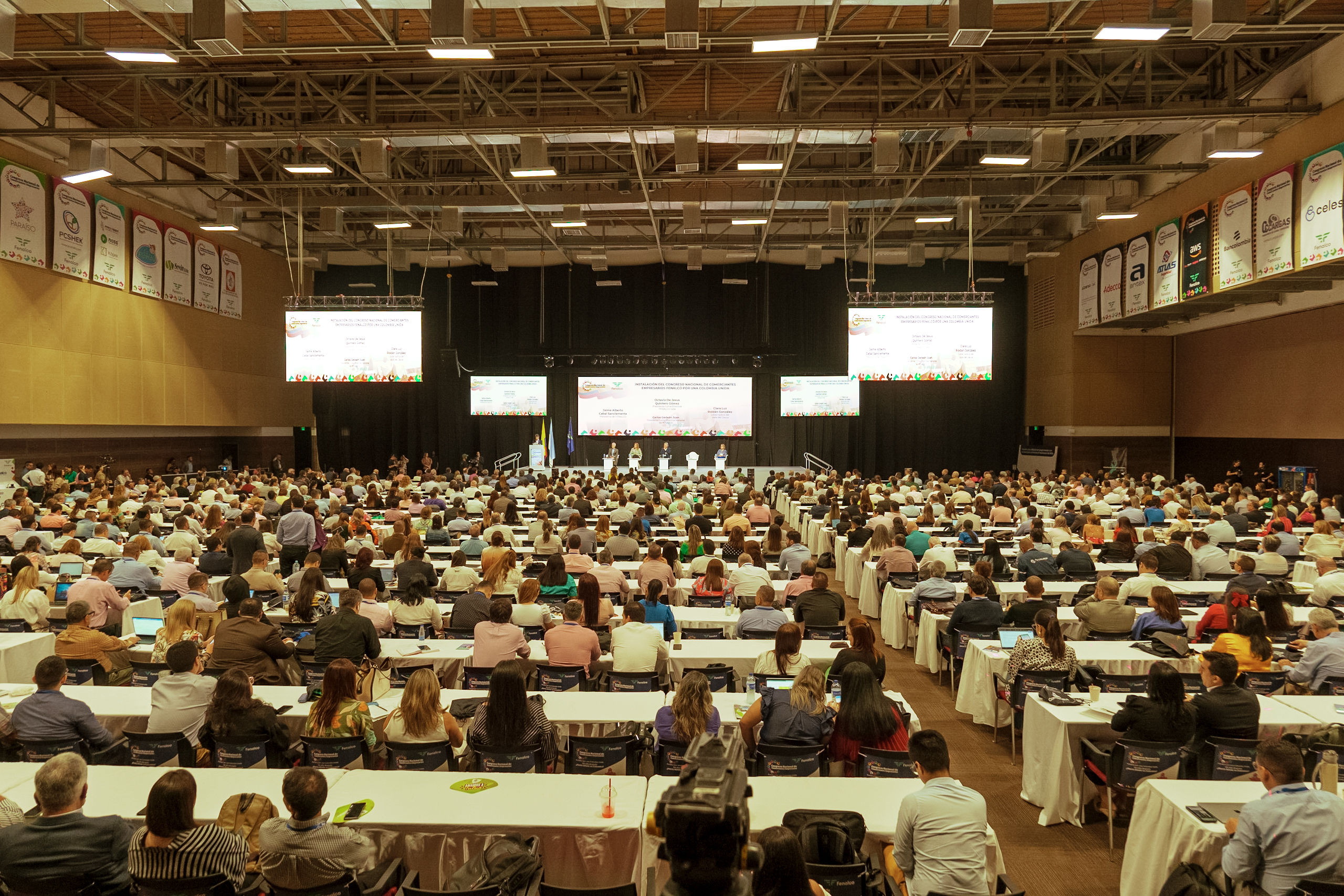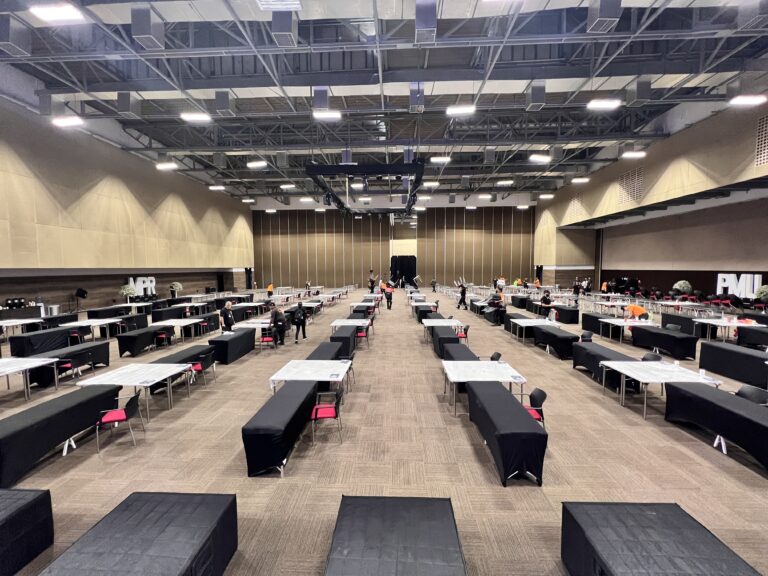Organizing an international event is a complex challenge that transcends national borders, requiring unique strategic planning to ensure its success. In this context, the precise definition of what constitutes an international event becomes crucial. According to the International Congress and Convention Association (ICCA), an international event must have at least three editions, rotate among a minimum of three countries, and gather at least 50 delegates, highlighting the global dimension of the event and its focus on diversity and mobility among different locations to promote meaningful multicultural exchange.
Moreover, organizing and hosting international events provides a unique platform for exchanging knowledge, experiences, and cultures. These events not only foster global collaboration and networking among professionals from various parts of the world but also highlight the strengths and attractions of the host region. By positioning themselves as relevant global tourist, cultural, and commercial destinations, cities and countries generate positive impacts on the local economy and their international reputation. Additionally, these gatherings stimulate the development of specific industries and foster innovation by providing a conducive space for presenting ideas and technological advances.
Thus, understanding the nature of the event and its importance in the local economy of the host country allows for assessing its requirements and anticipating the organizer’s possible needs, a topic on which we will share five essential keys to ensuring the event’s success.
1. Budget Construction and Management
Budget management is a critical component in event planning. Before diving into executing any aspect, it is imperative to establish a clear and realistic budget. Careful budget management not only ensures the economic viability of the event but also allows for more effective planning and delivery of an exceptional experience for participants.
Consider all elements, from logistical costs to expenses related to local culture and adaptation to the specific regulations of each country. Collaborate closely with local suppliers and seek strategic sponsorships to optimize resources.
2. Venue Research and Strategic Selection
Before choosing the destination, conduct thorough research. Consider the infrastructure, accommodation options, and facilities available for the various event activities. The venue selection must meet the needs and expectations of the event.
First, evaluate the available infrastructure at the venue, ensuring it meets the required standards to host an international-scale event. This involves reviewing capacity, the quality of technical facilities, and the versatility of spaces to accommodate the different programmed activities. Include strategically located venues in your options; choosing destinations close to the main airport facilitates access for international participants, reducing travel times and simplifying arrival logistics. Additionally, consider ground accessibility, ensuring the venue has an efficient and varied transportation network.
Accommodation options are a key factor. It is essential to have a variety of hotels that can accommodate attendees, considering different categories and budgets. The availability of rooms and additional services, such as meeting rooms or common areas for networking, should also be evaluated.
3. Study Local Culture and Protocol
Each destination is a unique universe of customs and social norms, and understanding them is essential to ensure the event’s success and harmony. Thorough research is not limited to superficially knowing local traditions but involves immersing in the cultural essence that defines the host community.
From communication styles to culinary preferences, this deep knowledge facilitates the respectful and authentic integration of the event into the environment. Adapting to local customs not only enriches the participants’ experience but also establishes a genuine connection between the event and the local community.
Protocol, on the other hand, guides social and professional interactions. Understanding courtesy norms, how to address participants, and accepted practices at events helps avoid potential misunderstandings and create a welcoming environment. Cultural sensitivity and respect for local protocol are essential tools to foster collaboration and active participation from attendees, contributing to the event’s overall success.
4. Compliance with Regulations, Safety, and Health
Participant safety is a priority. Research the security situation at the chosen destination and work with local authorities to ensure a safe environment. Provide information about local medical services and recommend obtaining health insurance for international participants.
Each country has its regulations regarding event organization. Research and understand local regulations to ensure compliance with all legal requirements. Obtain necessary permits and ensure your event meets local regulations to avoid legal and logistical issues.
5. Advertising Management
Advertising plays a crucial role in the success of any event, but its importance is even greater in the context of international events. This element is essential for promoting the event and extending its reach to a global audience.
Managing advertising appropriately involves carefully considering the host country’s practices and customs, adapting strategies to ensure effectiveness. Always consider the preferred communication channels of the local audience and incorporate cultural elements into the advertising.
Although the five tips presented are fundamental and key in planning international events, it is important to recognize that many other details need to be considered. The inherent complexity of organizing global events makes it imperative to rely on the support of event experts and seek advice from natives of the host country.
In conclusion, each aspect contributes to creating an exceptional experience for participants. Combining these fundamental elements not only guarantees the event’s success but also strengthens intercultural connections, leaving a lasting impression on all participants.




